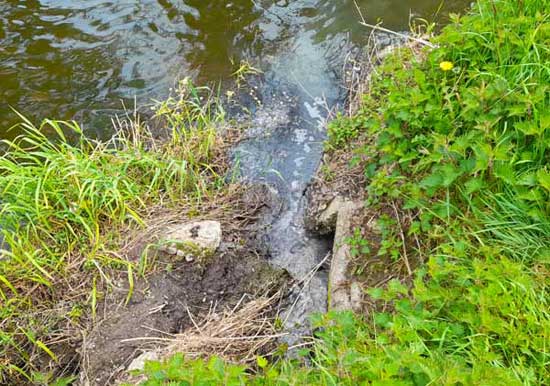- Over half (54%) of septic tank systems failed inspection in 2020.
- Three quarters of systems failing inspection since 2013 have been fixed, but failure to resolve older cases is a concern.
- Grants of up to €5,000 are available to fix systems.
The Environmental Protection Agency (EPA) today released the report Domestic Waste Water Treatment System Inspections 2020.

This is a review of 809 inspections of septic tanks and other domestic waste water treatment systems in 2020. Fifty-four per cent (433) of the systems failed inspection because they were not built or maintained properly.
Twenty-three per cent (182) of systems inspected were a risk to human health or the environment, as faulty systems can contaminate household wells and pollute rivers.
Commenting on the report, Dr. Tom Ryan, (Director of the EPA’s Office of Environmental Enforcement) said,
“Householders should ensure effluent from their septic tank is not ponding in their garden, going to nearby streams or contaminating their drinking water well. Householders should visually check their septic tank and get their well tested at least annually to satisfy themselves that their septic tank is not posing a risk to the health of their families, their neighbours and the environment.”
Local authorities issue advisory notices to householders when septic tanks fail inspection. The report found there were 468 cases open more than two years at the end of 2020. The septic tank grant scheme, which was expanded in 2020, offers grants of €5,000 to assist in addressing malfunctioning systems.
Mr Noel Byrne, (EPA Programme Manager) said,
“It is important that householders fix septic tanks where problems are detected. There is a grant scheme available to assist householders to fix failing septic tanks. Local authorities should focus their efforts to resolve open cases to ensure human health and the environment are protected.”
The report, Domestic Waste Water Treatment System Inspections 2020, is available on the EPA’s website.

Leave a Reply